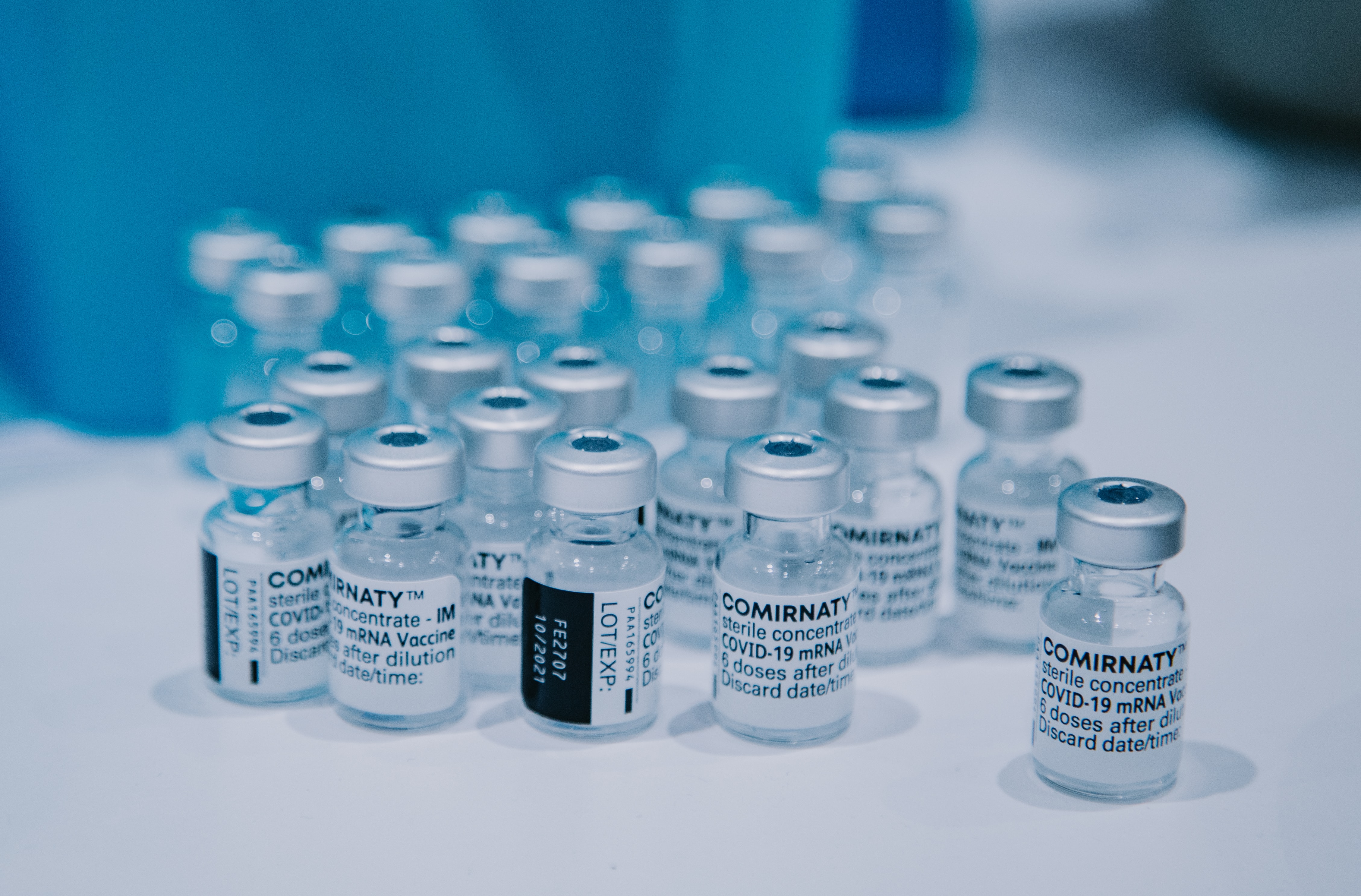News release
From:
Attachments
Note: Not all attachments are visible to the general public. Research URLs will go live after the embargo ends.

Journal/
conference: New England Journal of Medicine
conference: New England Journal of Medicine
Research:Paper
Organisation/s:
Pfizer, USA
Funder:
Funded by BioNTech and Pfizer; C4591031 ClinicalTrials.gov number, NCT04955626.



 International
International


